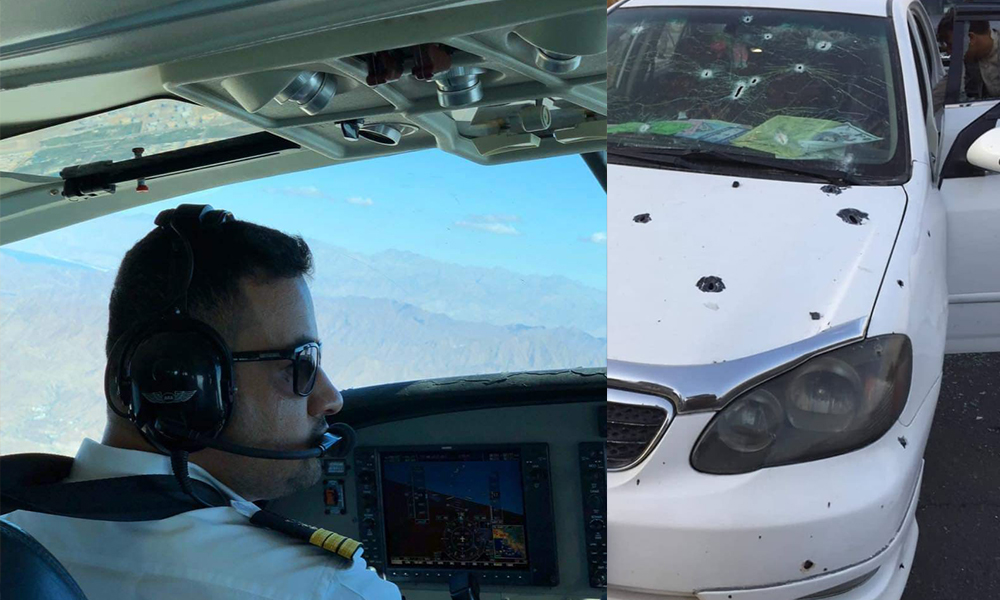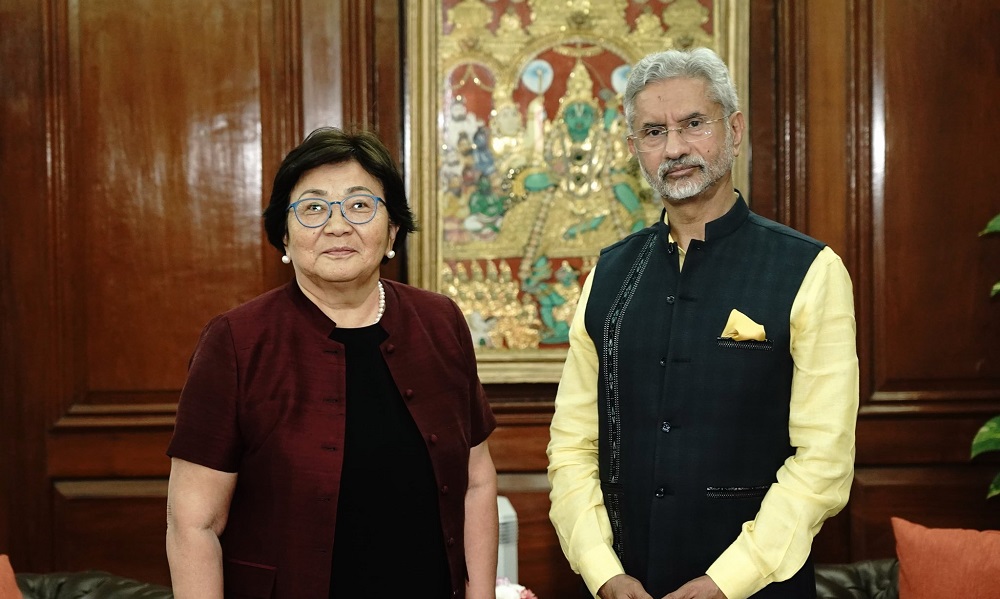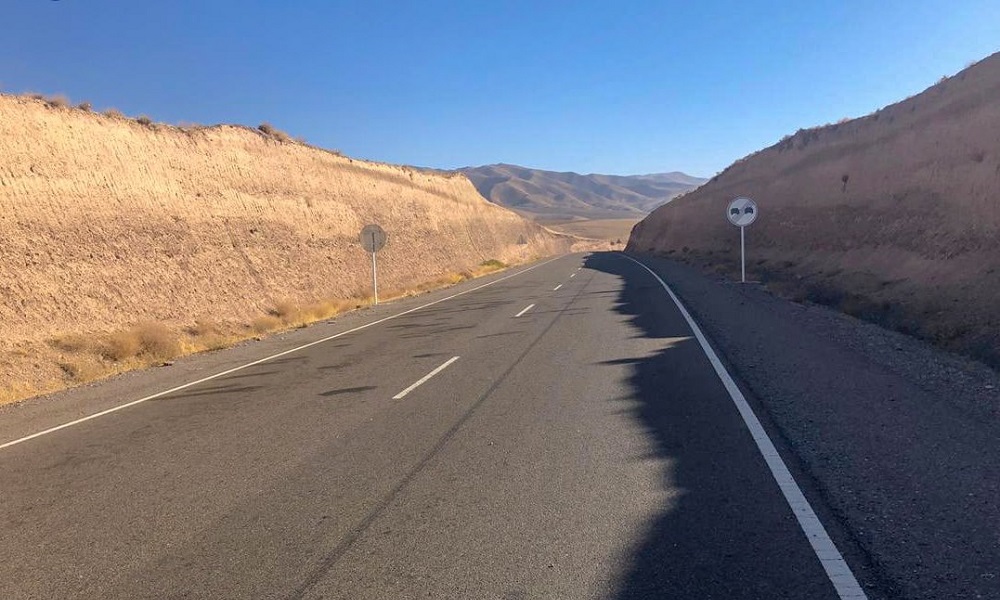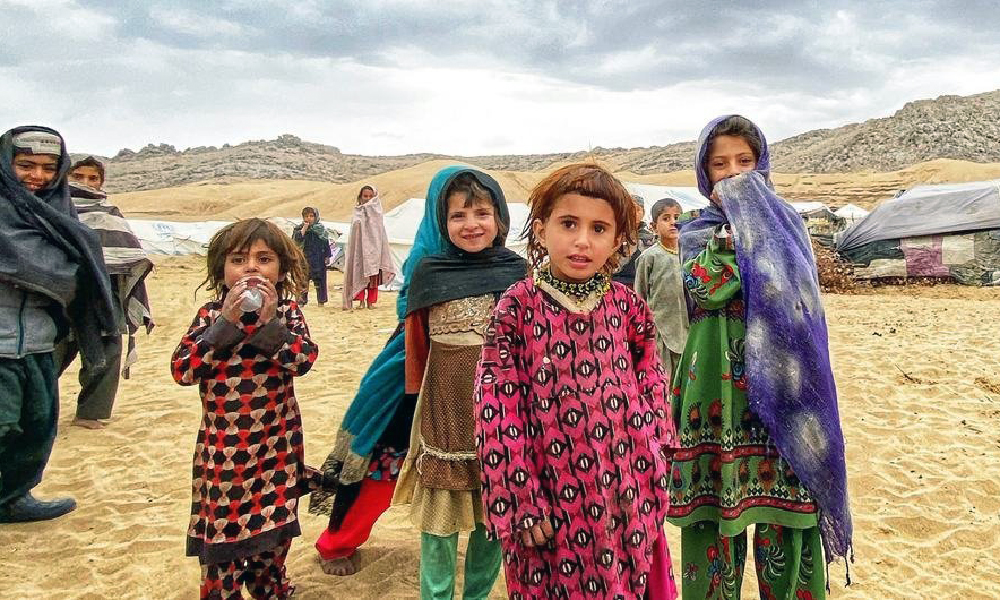Latest News
Pilot killed by unidentified armed men in Parwan

An Afghan military pilot was killed in an attack by unknown armed men in northern Parwan province on Friday, sources said.
Nusrat Koshan, an Afghan Air Force officer, was killed at around 6:30 Friday evening during a skirmish with armed men in the Bagram district of the province, sources added.
Bagram Governor Lala Shirin Raufi told Ariana News that the incident took place in the “Dorahi-e-Qale Khwaja and Qale Narzoy” of in the district.
Raufi said the assailants managed to flee from the area.
No group or individual has claimed responsibility for the attack.
Last week, Reuters reported citing two senior Afghan government officials that at least seven Afghan pilots have been assassinated off base in recent months.
According to Reuters, this series of targeted killings, which haven’t been previously reported, illustrate what U.S. and Afghan officials believe is a deliberate Taliban effort to destroy one of Afghanistan’s most valuable military assets: its corps of U.S.- and NATO-trained military pilots.
In so doing, the Taliban — who have no air force — are looking to level the playing field as they press major ground offensives.
Reuters confirmed the identities of two of the slain pilots through family members but could not independently verify the names of the other five who were allegedly targeted.
In response to questions from Reuters, Taliban spokesman Zabihullah Mujahid confirmed the group had killed Afghan Air Force Major Dastagir Zamaray, and that it had started a program that will see the Afghan Air Force pilots “targeted and eliminated because all of them do bombardment against their people.”
A U.N. report documented 229 civilian deaths caused by the Taliban in Afghanistan in the first three months of 2021, and 41 civilian deaths caused by the Afghan Air Force over the same period.
In response to questions from Reuters, Taliban spokesman Zabihullah Mujahid confirmed the group had killed Zamaray, and that it had started a program that will see Afghan Air Force pilots “targeted and eliminated because all of them do bombardment against their people.”
Afghanistan’s government has not publicly disclosed the number of pilots assassinated in targeted killings and the Defense Ministry did not respond to requests for comment by Reuters.
The Pentagon meanwhile told Reuters it was aware of the deaths of several Afghan pilots in killings claimed by the Taliban, but declined to comment on U.S. intelligence and investigations.
Afghan military pilots are particularly attractive assassination targets, current and former U.S. and Afghan officials say. They can strike Taliban forces massing for major attacks, shuttle commandos to missions, and provide life-saving air cover for Afghan ground troops. Pilots take years to train and are hard to replace, representing an outsized blow to the country’s defenses with every loss.
Shoot-downs and accidents are ever-present risks. Yet these pilots often are most vulnerable in the streets of their own neighborhoods, where attackers can come from anywhere, said retired U.S. Brigadier General David Hicks, who commanded the training effort for the Afghan Air Force from 2016 to 2017.
“Their lives were at much greater risk during that time (off base) than they were while they were flying combat missions,” Hicks said.
Although Taliban assassinations of pilots have happened in years past, the recent killings take on greater significance as the Afghan Air Force is tested like never before, Reuters reported.
“Pilots are on top of the Taliban’s hit list,” the senior Afghan government official said.
That Afghan official and two others, speaking on condition of anonymity, said they’re working to protect pilots and their families, moving some to on-base housing and relocating others to safer civilian neighborhoods.
Latest News
UN envoy meets Indian foreign minister to discuss Afghanistan

Roza Otunbayeva, the UN Secretary General’s Special Representative for Afghanistan, met with the Indian Foreign Minister Subrahmanyam Jaishankar in New Delhi and discussed issues related to Afghanistan, it was announced on Thursday.
During the meeting, Otunbayeva thanked India for “its critical humanitarian support and longstanding friendship for the Afghan people” and discussed the importance of regional and international cooperation to address prevailing challenges in Afghanistan, UNAMA said on X.
Jaishankar also said on X that the sides exchanged views on the current situation in Afghanistan.
“Underlined that India has provided wheat, medicines, pesticides and school supplies. Appreciate the role of UN agencies as partners in these endeavors,” he said.
Latest News
Traffic accident leaves one dead, four injured in Herat

Local officials in Herat say one person was killed and four others injured due to a traffic accident in Karukh district of the province.
The accident took place on Thursday night at 8:pm.
The injured individuals have been taken to Herat’s regional hospital by the personnel of Karukh district police headquarters, local officials said.
Latest News
250,000 Afghan children need homes, food, education after returning from Pakistan

In the wake of an announcement by Pakistan that it intends to start Phase Two of deportations of Afghans, Save the Children said Thursday that almost a quarter of a million Afghan children need proper homes, food, and access to education after returning from Pakistan in the past seven months.
In a statement issued by the organization, Save the Children said more than 520,000 Afghans have returned from Pakistan since September last year, after Pakistan said all undocumented foreigners must leave the country voluntarily or face deportation.
Nearly half of all the returnees are children.
A survey by Save the Children of families who have returned to Afghanistan – and the communities who are hosting them – found that nearly all (99%) do not have enough food for the next one to two months.
About three-quarters of returnees and families in host communities reduced portion sizes or restricted the food consumption of adults so small children could eat.
About 40% of returnees and host families surveyed had to borrow food or rely on friends and relatives for at least three days a week – with 13% of returnees and 9% of host families saying they had to get food from others every day.
Almost 8 million children in Afghanistan – or one in three – are facing crisis levels of hunger.
Nearly one in six families live in tents, according to the survey, with most returnees having little or no means to support themselves.
Only a third had managed to bring assets back with them from Pakistan.
Nearly half (47%) said there were no jobs available in Afghanistan, with 81% saying that they do not have any skills that could lead to employment.
Almost two thirds (65%) of children who have returned to Afghanistan have not been enrolled in school. The majority (85%) told Save the Children that they don’t have the necessary documents to register and enroll in school.
In Pakistan, more than two thirds of these children had been attending school.
Arshad Malik, Country Director for Save the Children in Afghanistan, said: “Families are returning to Afghanistan with virtually nothing. Most are relying on relatives or friends to support them – and these communities already have little to support themselves.
“The return of so many people is creating an additional strain on already overstretched resources. Children need support and stability. Many undocumented Afghan children were born in Pakistan – Afghanistan is not the place they call home,” he said.
He added that in addition to the returns from Pakistan, 600,000 Afghans arrived from Iran last year. Also, “families have been forced from their homes by multiple disasters, including the series of earthquakes in Herat and the ongoing drought. Afghanistan is also now home to the second largest number of internally displaced people in the world – or roughly 1 in 7 people,” Malik said.
According to him, Afghanistan not only needs urgent funding from international donors and governments – but also needs long term, community-based solutions to help all displaced Afghans rebuild their lives.
-

 Sport4 days ago
Sport4 days agoACL fever grows as fixtures finalized
-

 World4 days ago
World4 days agoUS will not take part in any Israeli retaliatory action against Iran
-

 Latest News4 days ago
Latest News4 days agoOver 50 people dead in traffic accidents over Eid
-

 Latest News4 days ago
Latest News4 days agoUS identifies Kabul airport suicide bomber
-

 Business4 days ago
Business4 days agoAfghanistan-Kazakhstan chamber of commerce opens in Herat
-

 Latest News4 days ago
Latest News4 days agoGood rains enable DABS to increase power production in Kabul
-

 World3 days ago
World3 days agoIsraeli military vows response to Iran attack as calls for restraint mount
-

 Latest News3 days ago
Latest News3 days agoPakistani police give Afghans in Balochistan one day to leave
























